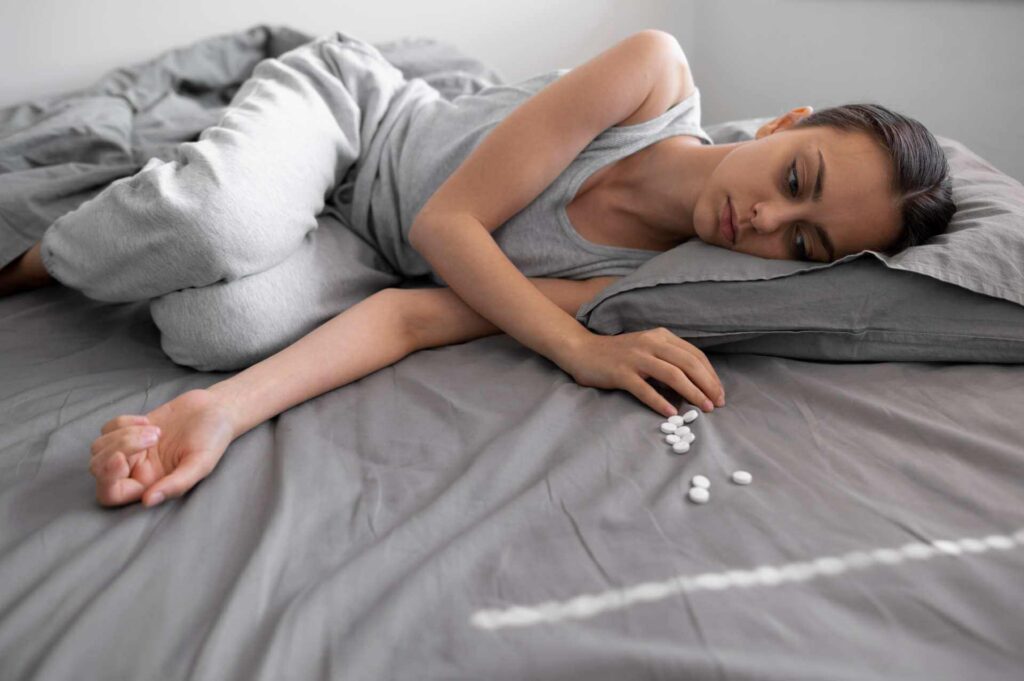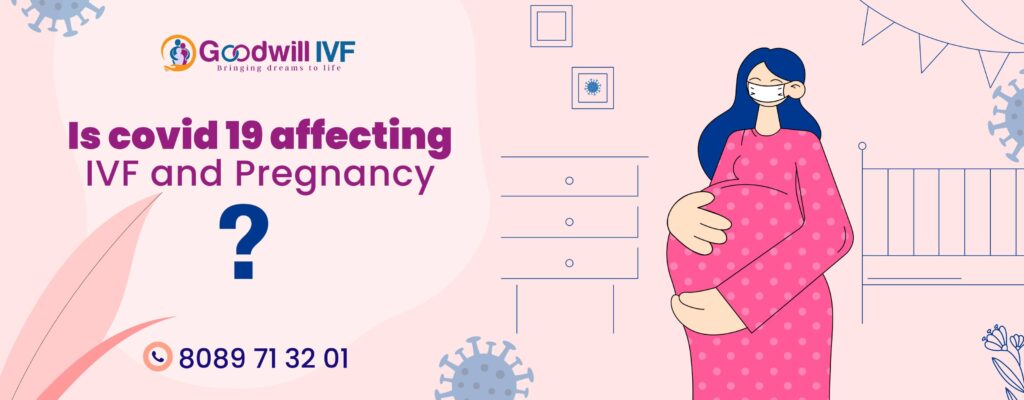Like any other essential criteria to keep us alive, for plenty of reasons, sleep is as important as food, water or oxygen. But you might not be aware of the fact that it has something to do with your hormones where sleep impacts hormones and vice-versa. Many hormones in the body including those related to stress or hunger impact your sleep cycle. Read on to learn the relationship between hormones and your sleep. Do you have trouble sleeping? Do you think it is linked to your hormones? If yes, you should consult any Best Infertility Hospital to cure the same immediately and effectively.
Sleep and Hormones:
Our body has an interconnected system of hormones that carries messages from a wide variety of sources. The total sleep duration influences multiple hormones, so if one is not functioning at its best, it may affect others. At the same time, hormone levels can have a direct impact on how well you sleep at night and how long you sleep. Various hormones are involved in sleep and impact distinct phases of the sleep cycle.
Cortisol:
Sometimes referred to as “the stress hormone,” is crucial for sleep. Cortisol levels typically decline during stage 3 sleep, but they rise in the middle of the night and reach their highest point in the early morning.
Adrenaline:
Any sort of stress results in the release of adrenaline. Additionally, sleep is typically the last thing on your mind when you’re on high alert. Your body experiences an energy boost from adrenaline, which also makes falling asleep occasionally nearly difficult.
Melatonin:
It is a hormone that aids in controlling sleep and is secreted by the pineal gland. Melatonin levels that result in healthy sleep-wake cycles are normally high at night and low during the day.
Ghrelin:
Ghrelin stimulates appetite. Researchers think that poor sleep quality might interfere with ghrelin levels, despite evidence from animal studies suggesting greater levels of ghrelin tend to promote stage 3 sleep and lower REM.
Leptin:
Leptin is a hormone that suppresses hunger and alerts the body to fullness. Although some studies have identified no alterations connected to the sleep cycle, leptin may rise throughout the night and peak in the morning.
Thyroid-stimulating Hormone (TSH):
TSH levels are maximum in the middle of the night and lowest in the late afternoon. TSH is generated by the pituitary gland in the brain to control the thyroid gland. A daily dosage of a synthetic thyroid hormone, such as levothyroxine is the recommended therapy for hypothyroidism.
Growth Hormone:
As soon as you nod off, your body begins to make more growth hormone, which then continues to do so intermittently as you sleep. During stage 3 sleep, levels surge.
Sex Hormones:
When speaking of hormones, many women instinctively recall concepts like estrogen, progesterone, and testosterone. These are the hormones that are commonly discussed. Hot flashes and night sweats are just two examples of the symptoms that might make it difficult to fall asleep if your sex hormones are out of balance. It may be harder to fall asleep if progesterone levels drop and if estrogen levels drop too low, you may be more susceptible to experiencing environmental or other stresses that disrupt sleep patterns. Depression or mood swings brought on by hormonal changes can also affect sleep. For menopausal women and those with ovaries, oestrogen replacement treatment may help them sleep better. There are numerous best infertility hospitals out there to consider if you’re facing any sort of disturbances in your sex hormone levels.
Tips for Improving Sleep Without Medication
Now that we know the important connection between sleep and hormones, how can we capture that elusive deep sleep? Medication is not always the answer and carries its problems. Without adequate sleep, hormones will not be in balance. Period. While you’re sleeping, your body is extremely active removing toxins, recharging the mind, and creating hormones. Skimping on sleep, even for one night, can have a tremendous impact on hormones and even one night of missed or shortened sleep can create the hormone levels of a pre-diabetic. To help you sleep better, try the following suggestions:
- Eliminate artificial lighting, and optimize temperature and sound to improve the sleep environment.
- Set up a regular schedule that will assist your circadian rhythms to maintain a normal hormonal cycle.
- Consume foods high in protein and also get adequate water.
- Make use of natural light during the day to help regulate melatonin levels and raise serotonin levels.
- It’s best to cut back on blue light from electronics to improve sleep.
- Prefer to sleep with a nice salt bath, calming music, or a good book.
- Find a means to relax, such as meditation or get regular exercise.
- Before going to bed, give yourself a massage to unwind and relieve stress.
Balance Your Sleep and Hormones to Feel Your Best:
If you are suffering daytime exhaustion or sleepiness, drowsiness during driving, or cognitive issues, it’s imperative to discuss this with your healthcare physician. Your doctor will inquire about your regular bedtime and wake-up hours, average daily sleep time, whether you work in shifts, and the quality of your slumber. The Epworth Sleepiness Scale is another tool that doctors use to assess your sleep problems. It’s time to get expert counsel from any IUI Centre in Kerala if you believe your sleep has anything to do with menopause or sex hormones.
Your general health can be greatly impacted by both hormones and sleep. And you can’t solve one problem without also solving the other. Spend some time relaxing, improving hormonal balance, and beginning to get better sleep. You’ll feel rejuvenated and ready to take on the world when you do.


